Description
What is Lora Antenna 900MHz 915MHz 926MHz FPC Antenna?
The Lora Antenna 900MHz 915MHz 926MHz FPC Antenna CTRF-ANTENNA-FPC-0915-4510-IPEX covers 900Mhz, 915Mhz, 926Mhz frequencies internal Lora antenna Flexible PCB antenna manufactured by C&T RF Antennas Inc for ISM, and Lora applications.
It is an internal FPC antenna with 3dBi Gain, 50ohm, Linear Polarization, Adhesive sticker mount, U.FL / Ipex connector antenna with RG1.13 coax cable 100mm, and cable length can be customized.
The Lora Antenna 900MHz 915MHz 926MHz FPC Antenna is available at C&T RF Antennas Inc, the internal Lora antenna and Lora external antenna manufacturer in China.
C&T RF Antennas Inc provides internal & external antennas with the antenna radio frequencies such as NFC, 169MHz, 230MHz, 315MHz, 433MHz, 868MHz, 915MHz, VHF&UHF, Lora, NB-IoT, ADS-B, GSM, GNSS, Wifi 2.4GHz, 5.8GHz, Cellular 2G 3G 4G LTE, GPS, 5G NR, etc.
C&T RF Antennas Inc. provides RF antennae with Omni & Directional antenna types such as Dipole Antennas, Whip Antennas, Marine Antennas, Router Antennas, MIMO Antennas, Combo Antennas, PCB Antennas, FPC Antennas, Spring Antennas, Magnetic Antennas, Sector Antennas, Yagi Antennas, and Accessories, etc, for IoT & M2M industries.
Contact the C&T RF team for more Lora Antenna 900MHz 915MHz antenna details such as Lora Antenna 900MHz 915MHz datasheet, Lora Antenna 900MHz 915MHz pricing, Lora Antenna 900MHz 915MHz inventory, or other Lora Antenna 900MHz 915MHz styles.
Lora Antenna 900MHz 915MHz FPC Antenna Specifications
Lora Antenna 900MHz 915MHz Electronical Specifications |
|
| RF Antenna Type | Embedded FPC Antenna |
| Model | CTRF-ANTENNA-FPC-0915-4510-IPEX |
| Frequency Center | 900-930MHz |
| Gain | 3±1dBi |
| VSWR | ≤2.0 |
| Impedance | 50 Ω |
| Polarization | Vertical/Linear |
| Cable Type | RG1.13 |
| Connector | IPEX |
| Cable Length | 100mm |
| Lightning Protection | DC-Ground |
Lora Antenna 900MHz 915MHz FPC Antenna Mechanical Specifications |
|
| FPC Board Dimension | 45*10mm |
| Weight | Approx. 5g |
| Material | FPCB + RG Cable + U.FL connector |
| Operation Temperature | -40˚C ~ +85˚C |
| Storage Temperature | -40˚C ~ +80˚C |
| Color | Black |
| Antenna Design | Dipole Array |
| Mounting | Connector/Sticker |
| SafetyEmission and other | RoHS Compliant |
| Applications | Public Safety/LMR/P25/TETRA, ISM/SCADA/Utilities, RFID, IoT/NB-IoT/LoRa, etc. |
Indoor Flex PCB Antenna Features
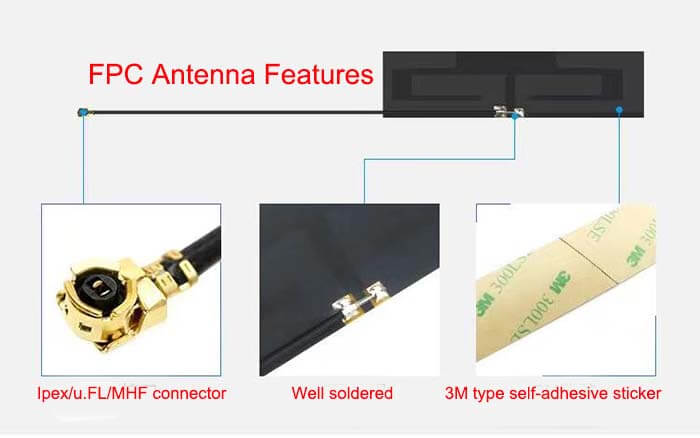
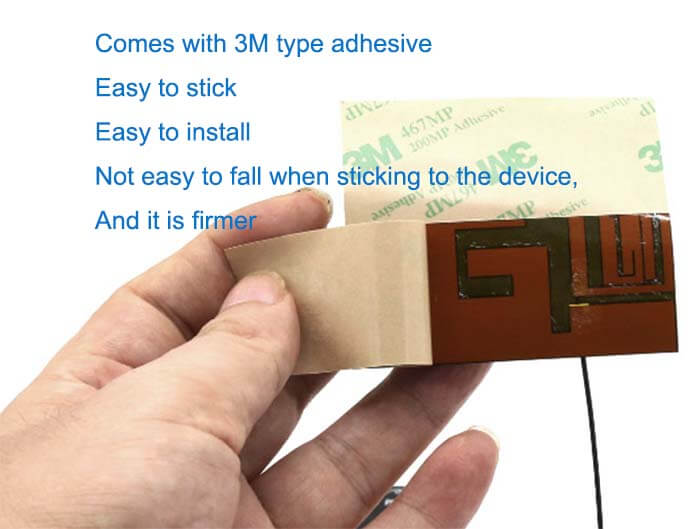
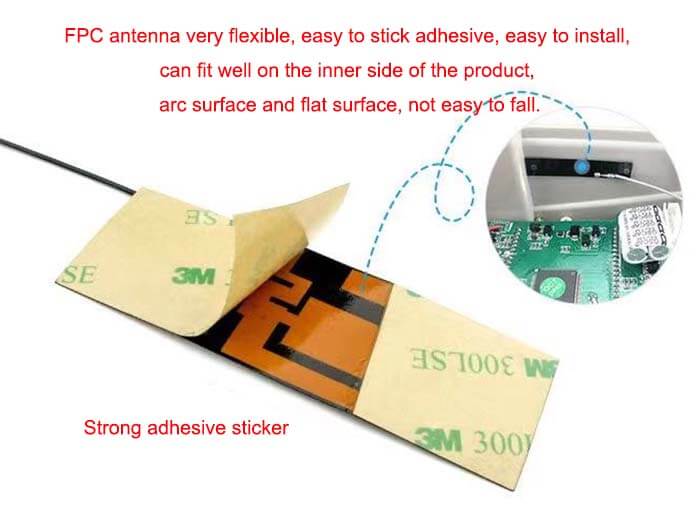
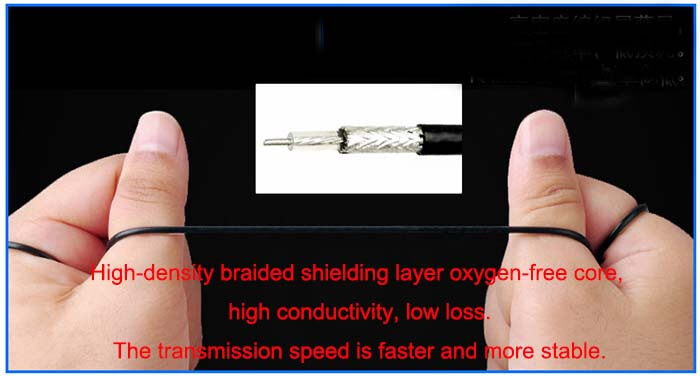
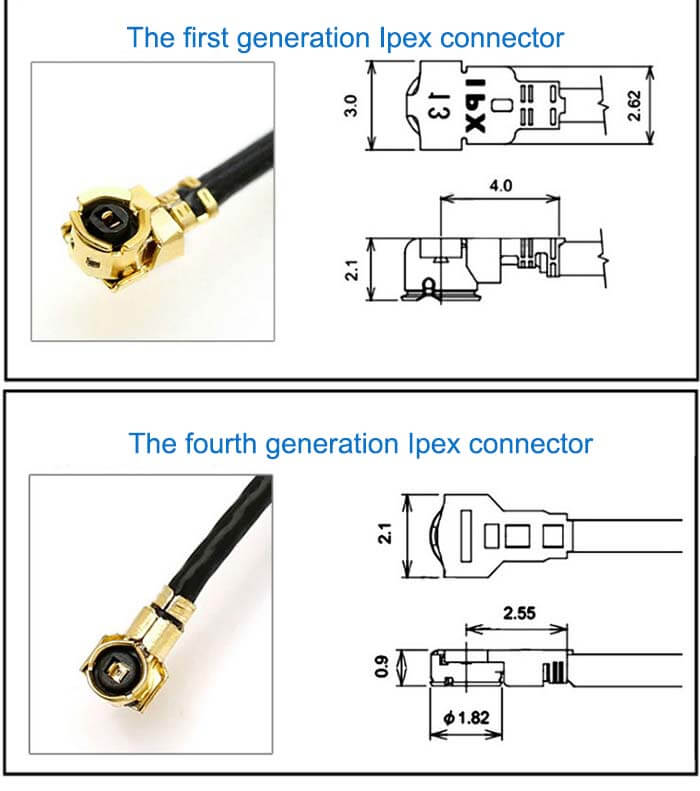
Lora Technology
The name of LoRa is Long Range Radio. As a modulation technology of the chirp spread spectrum, it was first launched by Cycleo, a startup company founded by several young people in France.
In 2012, Semtech acquired this company and added this modulation technology packaged into the chip, and a complete set of LoRa communication chip solutions based on LoRa technology has been developed, including different types of LoRa chips used in gateways and terminals, opening the road to LoRa chip productization.
However, only a transceiver chip based on LoRa technology is far from enough to leverage the broad IoT market.
In the subsequent development process, due to the LoRa Alliance initiated by many manufacturers and the continuous iterative LoRaWAN specification, a global wide-area networking standard system supported by hundreds of manufacturers has formed a broad industrial ecosystem.
The relevant technical standards, product design, and application cases that promote this ecosystem are all processes involving multiple manufacturers. These are also the more critical elements that form the current huge industrial ecosystem, and they are not owned by a single Semtech company, such as LoRaWAN.
The specification is an open standard with the participation of multiple manufacturers around the world. Any organization or individual can carry out product development and network deployment based on this specification.
Compared with most networks adopting mesh topology, it is easy to continuously expand the network scale, but the disadvantage is that various unrelated nodes are used to forward messages, and the routing is circuitous, which increases system complexity and total power consumption.
Lora uses a star topology (TMD networking mode). The gateway star connects to the terminal node, but the terminal node is not bound to a unique gateway. On the contrary, the uplink data of the terminal node can be sent to multiple gateways. In theory, users can realize flexible networking through Mesh, point-to-point, or star network protocols and architectures.
LORA network architecture
Lora mainly operates in free frequency bands worldwide (i.e. unlicensed frequency bands), including 433Mhz, 868MHz, 915 MHz, etc. The LoRa network architecture consists of four parts, terminal nodes, gateways, network servers, and application servers, and application data can be transmitted in both directions.
Lora is a physical layer or wireless modulation that creates a long-distance communication connection. Compared with the traditional FSK technology and short-distance radio frequency technology with insufficient stability and security, LoRa is based on CSS modulation technology (Chirp Spread Spectrum) to maintain low power consumption.
At the same time, the communication range has been greatly increased, and CSS technology has been widely adopted by military and space communications for decades and has the characteristics of long transmission distance and strong anti-interference.
In addition, LoRa technology does not require the construction of base stations, one gateway can control more devices, and the network layout is more flexible, which can greatly reduce construction costs.

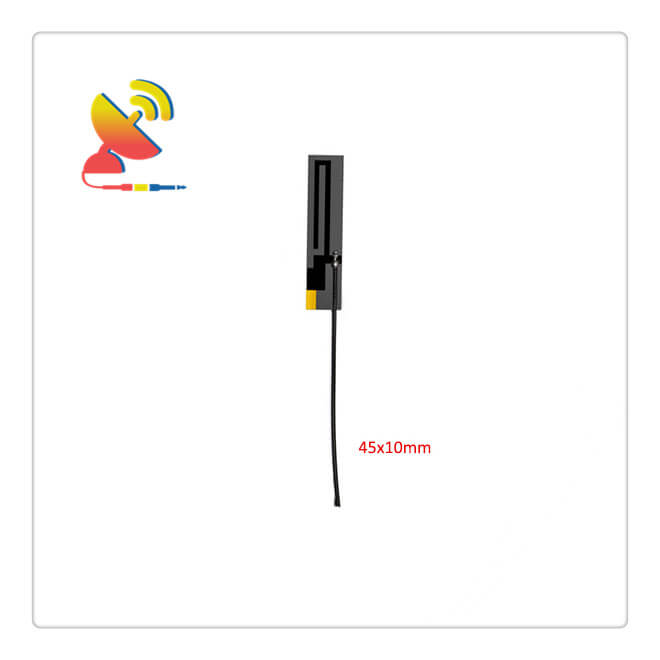
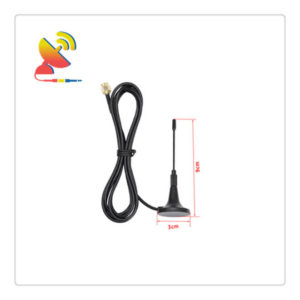
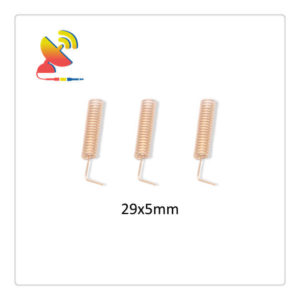
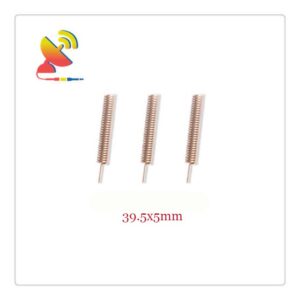
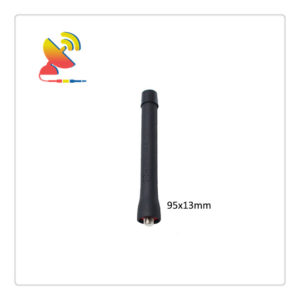
Reviews
There are no reviews yet.